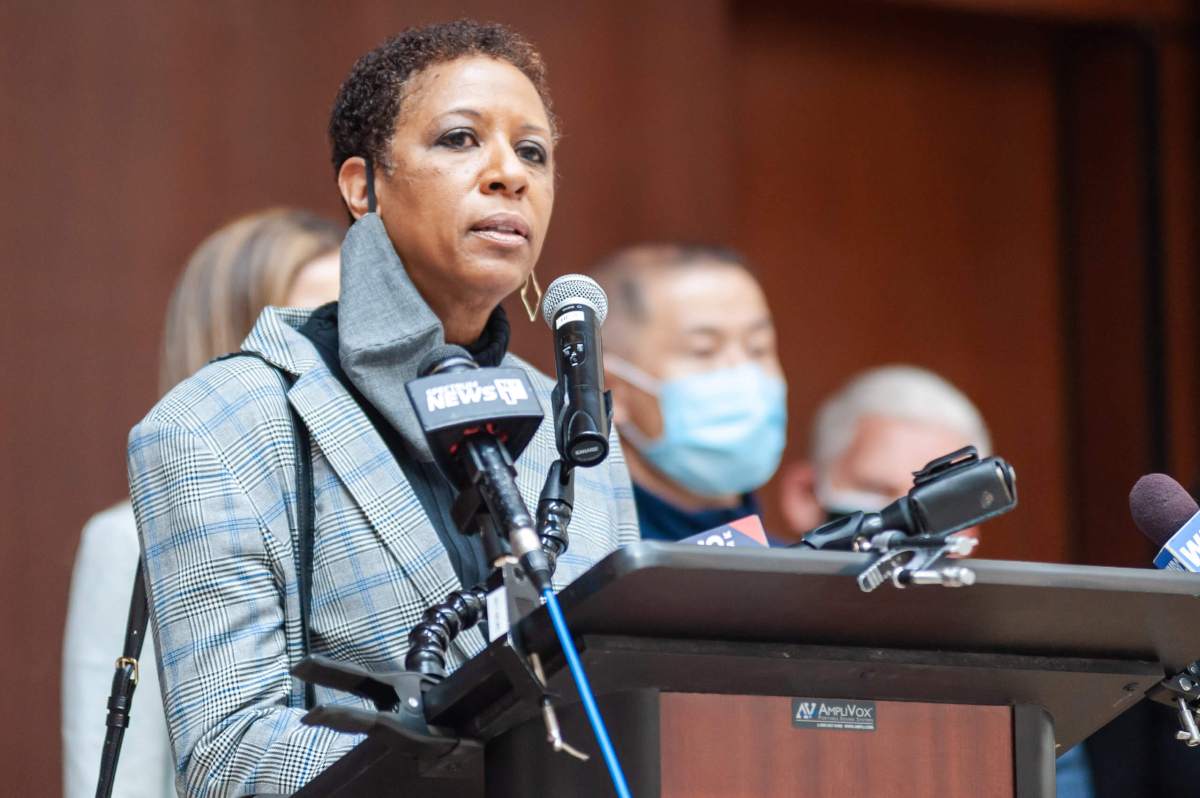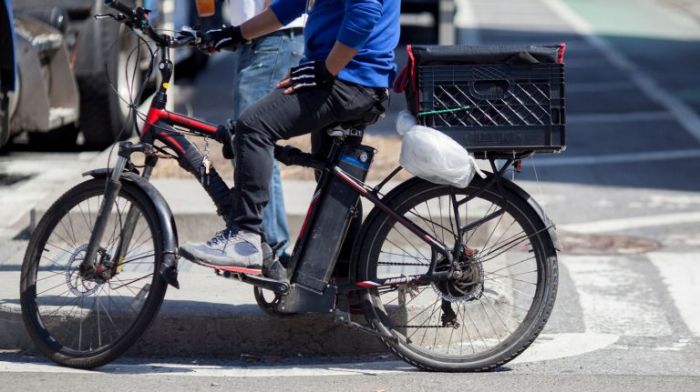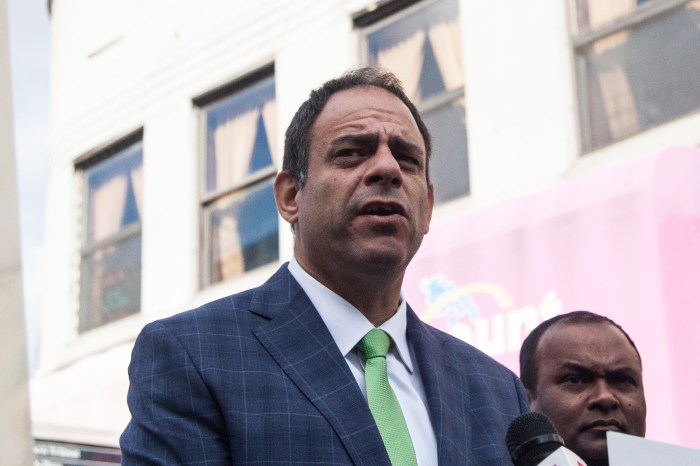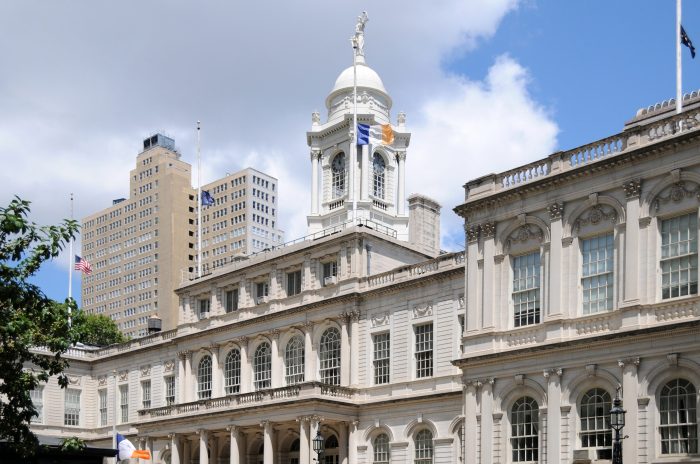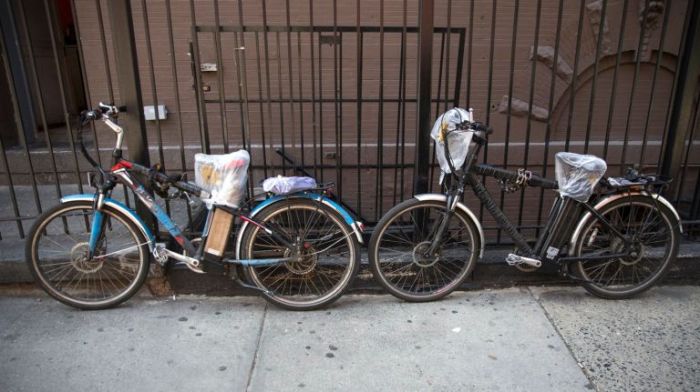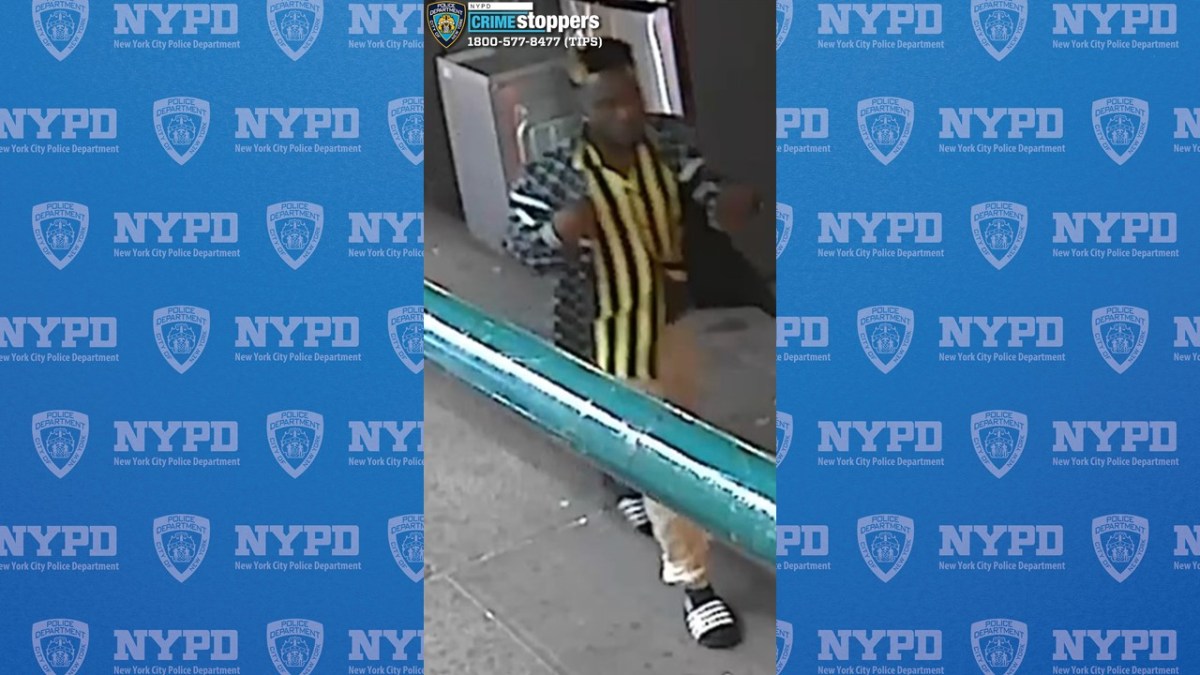New York City Council Speaker Adrienne E. Adams delivered her first State of the City address at York College in Queens, and outlined her goals to expand health, improve public safety and recover from the COVID-19 pandemic.
Key points of the address included plans to bolster affordable housing, improve health citywide and expand opportunity, among other goals.
“COVID took the lives of over forty thousand of our family members, friends and neighbors,” Speaker Adams said on May 22. “And it continues to take lives. Let us remember all those we have lost. Our resilience helped us overcome the worst. Yet, the impacts remain, whether they are the economic, mental health, or public safety challenges. And health is as much access to affordable housing as it is medical care; food security and nutrition; parks and recreational space in our communities; education, and of course, opportunity.”
After reflecting on the devastation the pandemic has brought to NYC and the world, Speaker Adams began to outline her plan not only for recovery, but for making the city even better and more equitable than it was before.
“Critical programs like these should be brought to scale across the city towards achieving a greater impact,” said Speaker Adams. “That takes not only increased resources, but also investments in capacity-building and planning that are too often overlooked. The Council will bring together government stakeholders with national experts on violence prevention, including our local leaders, to develop a roadmap. We will chart the path to successful expansion of these programs as an equal pillar of our public safety infrastructure that reduces violence.”
The Speaker’s plan to rejuvenate and improve the city includes adding $4 billion for affordable housing into the Fiscal Year 2023 budget, prioritizing supportive housing to address homelessness, including an additional $28.4 million to provide one thousand units for justice-involved New Yorkers, investing in responding to those experiencing severe emotional distress with appropriate emergency health responses, including crisis call centers and mobile crisis teams, committing $3 million to provide mental health resources for 33 communities hardest hit by COVID within trusted neighborhood institutions – houses of worship, community centers, etc.
Further plans include supporting community-based programs that work alongside precincts and local organizations to proactively intervene with youth at risk of violence, supporting precinct leaders committed to these proactive approaches that don’t rely on over-criminalization and increasing support for community-based hate crime prevention and response programs with at least $5 million in the budget and invest $43.2 million in year-round youth employment and development programs, such as Work Learn Grow (WLG) and Advance & Earn – among other initiatives to improve life in the city.
“These are models for how we can most effectively advance safety in our communities,” Speaker Adams said during her speech. “The Council’s efforts will advance this vision to expand holistic health for all communities. Doing more than simply helping us recover from the pandemic, but building a better future for all New Yorkers to thrive and be safer.”



